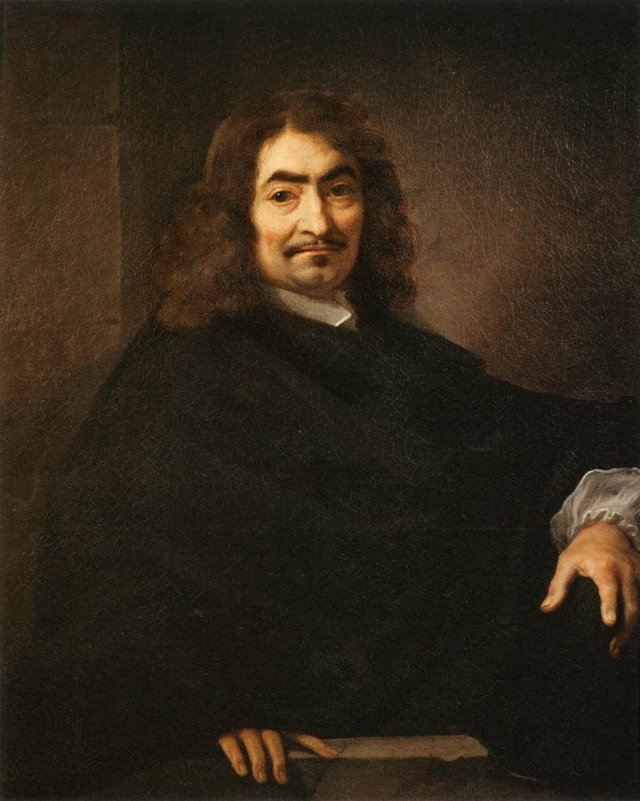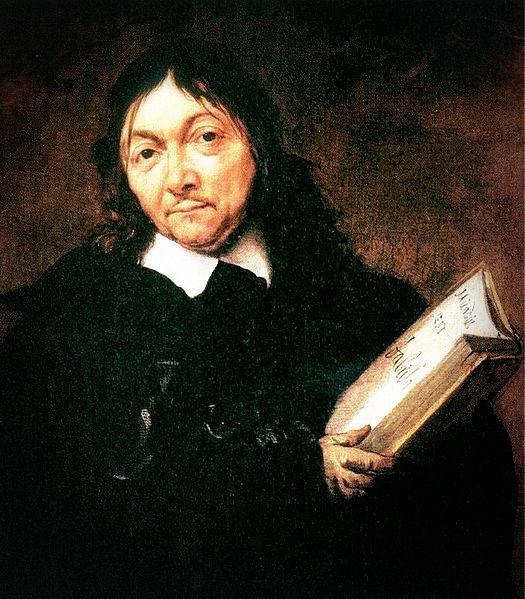Great biographies of history. Rene Descartes.

Sebastien Bourdon. Portrait of Descartes.
French philosopher and mathematician, born in La Haye de Turena on March 31, 1596. He is considered the father of modern philosophy. Study mathematics, law and natural sciences. His academic training had secular and military religious influences. In 1616 he graduated in law at the University of Poitiers; He travels through Bohemia, Switzerland, Hungary and Italy, countries in which he assimilates new scientific ideas. In his mathematical writings he classifies the curves and equations, from these works he raises the possibility of adopting the mathematical method in the philosophical investigation. It is established in the Netherlands and by 1629 it is based in the Netherlands. His philosophy rejects scholasticism, which substitutes for free examination and enunciates its principles on scientific mechanics.

René Descartes in 1649.
In the Discourse on the Method (1637) he bases Cartesian metaphysics and enunciates the methodical doubt, because for Descartes all the philosophical past established the perception of the senses as a criterion of truth. His speculation is based on the criterion of evidence of reason, giving rise to his rationalism. The method to avoid the deception of the senses is doubt, understood as a positive fact. He argues that knowledge is in reason and this constitutes the starting point of any certain data, statement contained in the postulate of modern philosophy cogito, ergo sum (I think, and therefore I am). Descartes classifies ideas into facts by themselves, adventitious ideas and innate ideas. Affirms that the universe and man are composed of substances, res cogitans and res extensa and that in man res cogitans joins the res extensa in a pineal gland that is at the base of the brain. His defense of reason as a method of knowledge was adopted by the philosophers of the French Enlightenment. He is the first philosopher to write his works in a vulgar language, such as French, different from the Latin that until that time was the language of philosophy.

Among his works are Prima Philosophia (1641); Les méditationes métaphysiques (1641), Principia Philosophiaee (1644); Traité des passions de lame (treatise on the passions of the soul, 1649); Compendiym (1650), on music, and Régles pour la direction de lesprit (Rules for the conduction of the spirit, 1701). He died in Stockholm on February 11, 1650.
I was summoned by @siruniversalis. I have done their bidding and now I will vanish...
A portion of the proceeds from your bid was used in support of youarehope and tarc.
Abuse Policy
Rules
How to use Sneaky Ninja
How it works
Victim of grumpycat?